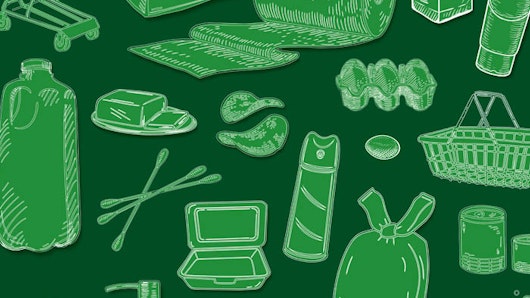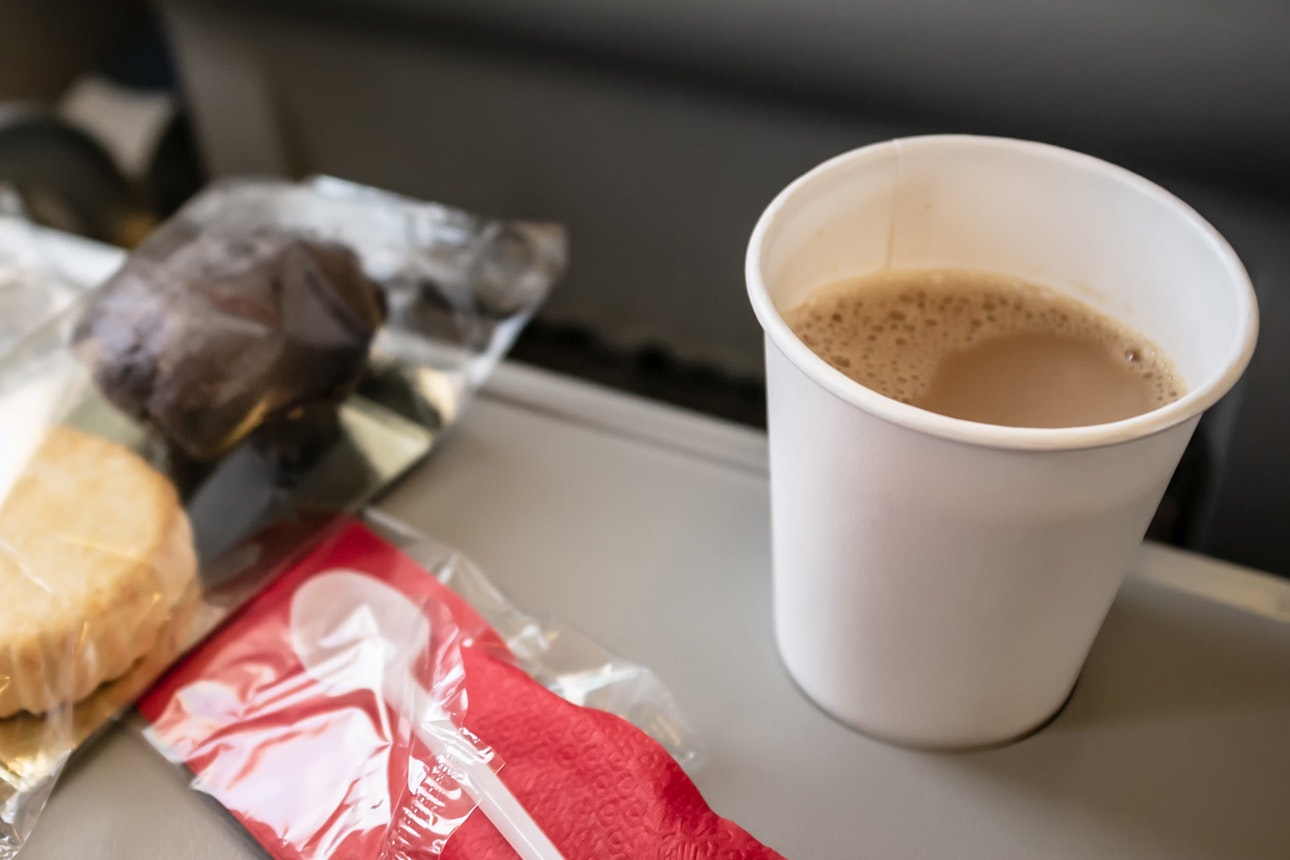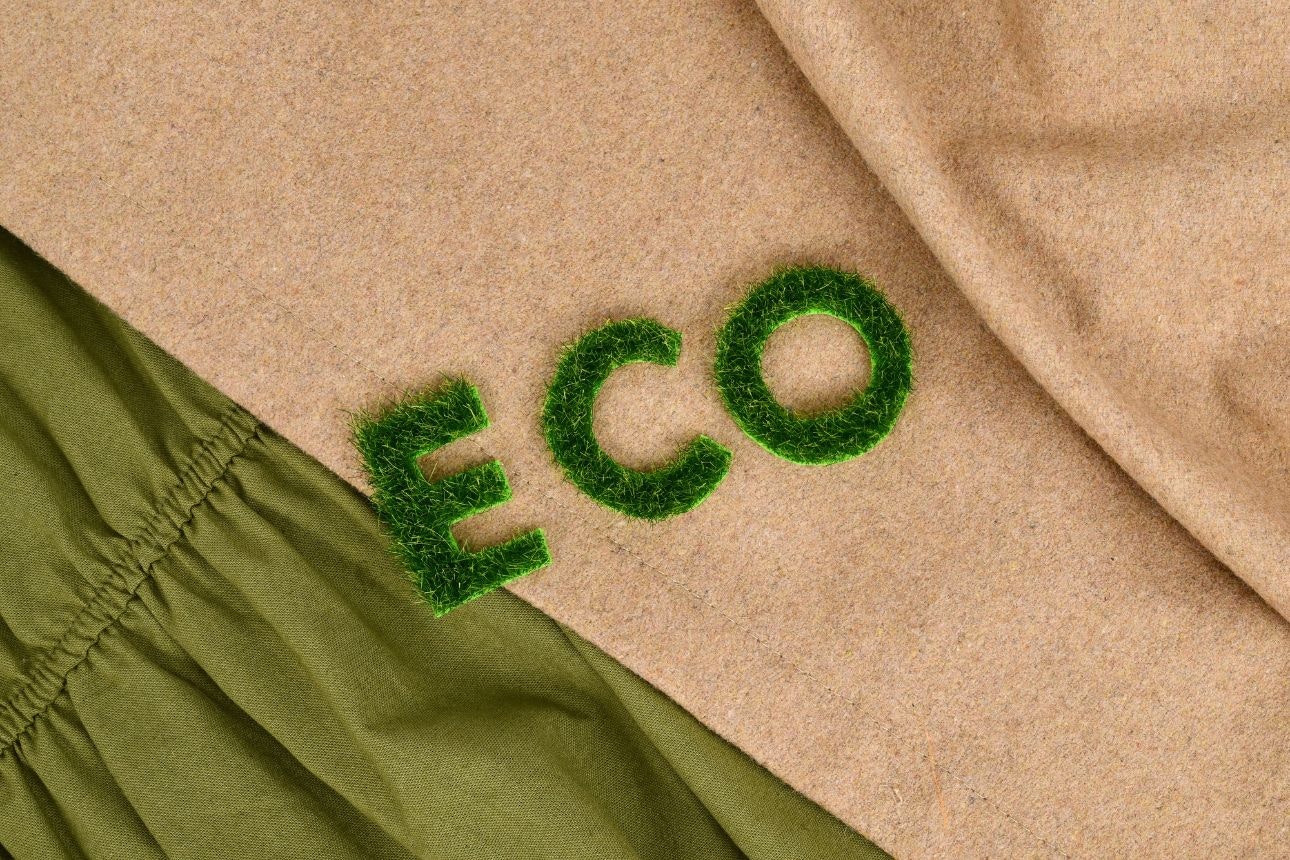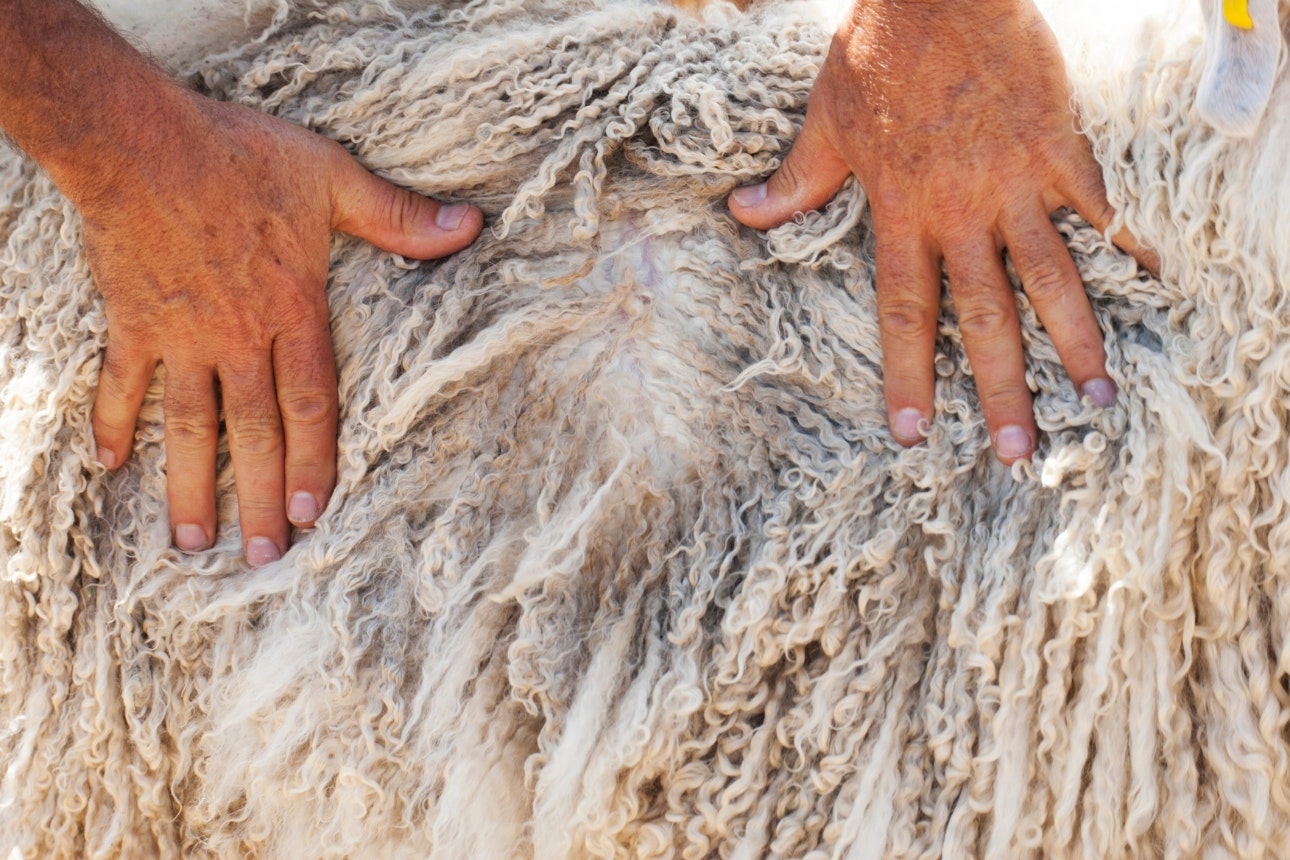
By Kate Harvey
Content Manager | Pou Whakahaere Ihirangi
Kmart has been warned by the Commerce Commission after it couldn’t back up the “100% sustainably sourced cotton” advertising on its New Zealand website.
On this page
The commission told Kmart in its warning letter that it believed the company breached the Fair Trading Act because the claim couldn’t be substantiated. However, the commission did not intend to commence criminal proceedings.
Kmart used the phrase “100% sustainably sourced cotton” on its website between August 2023 and October 2024.
The commission’s letter explained that Kmart requires its suppliers to verify the cotton used in their clothing is from the Better Cotton Initiative (BCI), organic or recycled.
The BCI licenses cotton farmers who comply with its sustainability standards. However, as we wrote in 2021, only a small amount of the cotton the manufacturer uses needs to have come from these sources to carry a BCI tag. In short, a T-shirt with a BCI tag might contain BCI cotton mixed with other unsustainably sourced cotton, or it might not contain any BCI cotton at all.
The warning letter said, “The Commission’s view is that Kmart could not say with certainty which (if any) of the products in its own brand fashion product range contained ‘sustainable cotton’ and therefore consider the claim that the cotton was ‘100% sustainably sourced’ to be unsubstantiated.”
Consumer NZ’s investigations team leader Rebecca Styles has written about many examples of greenwashing as part of our campaign. “While we're glad the Commerce Commission has warned Kmart about the potentially misleading green claim, we believe there needs to be tougher penalties for greenwashing so consumers aren't duped at the till, " she says.
The Commission’s competition, fair trading and credit general manager Vanessa Horne says greenwashing makes it virtually impossible for well-intentioned customers to identify genuinely sustainable products.
“Businesses know that consumers are increasingly considering the environment when buying goods or services and may be influenced to purchase from one company over another because of their environmental claims,” Horne says.
“Unsubstantiated claims are unfair on businesses who put in the time and resource to make sure their environmental claims are legitimate.”
You can help stop greenwashing in New Zealand
Greenwashing is sneaky marketing that makes you think something is ‘greener’, or more environmentally friendly, than it really is. And some businesses are cashing in on these loose environmental claims. We need your help to call them out.
Whether it’s in a store, online or on radio or TV, help us find big, bad examples of suspicious green claims. We’ll investigate and publicise our findings in the fight to hold businesses to account.
Find out more about our greenwashing fight so far and how you can be part of it.

Help stop greenwashing in Aotearoa
We need your help to call out dodgy 'green’ claims.



